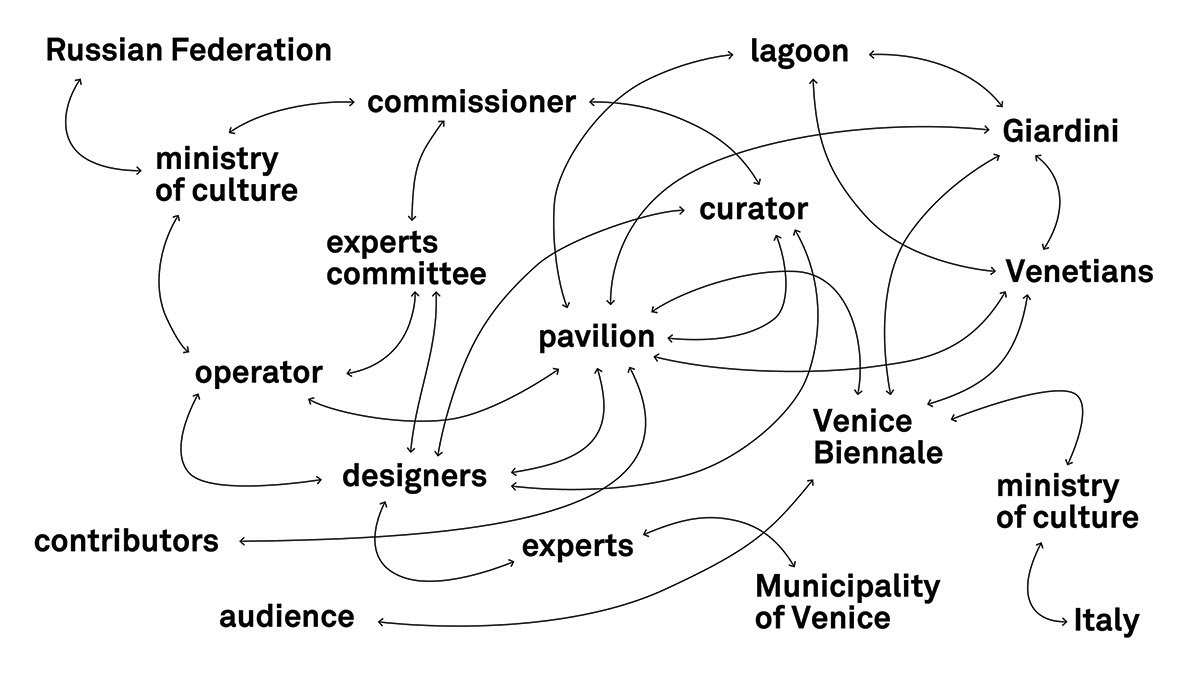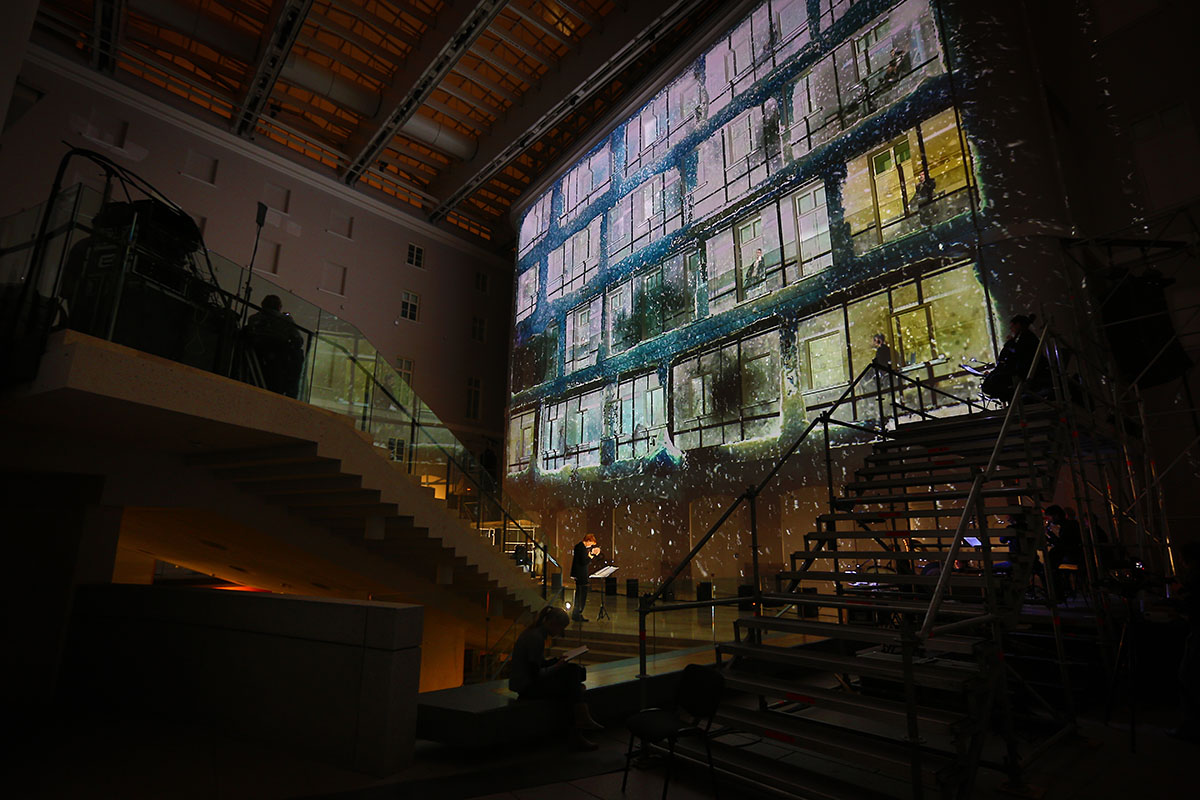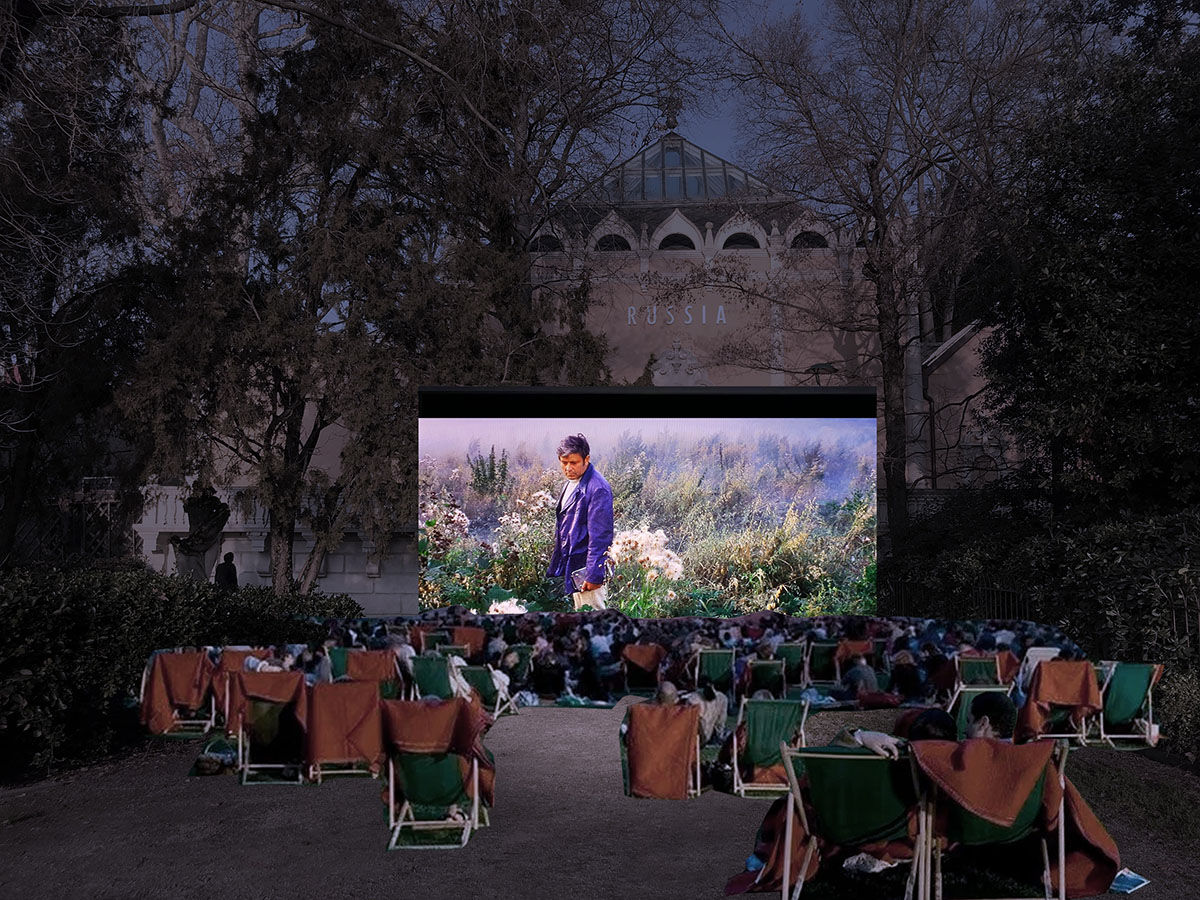Submitted by WA Contents
Russian Pavilion at the 2020 Venice Architecture Biennale goes completely digital
Russia Architecture News - May 13, 2020 - 13:49 3730 views

The Commissioner of the Russian Federation Pavilion of the Venice Biennale, Teresa Iarocci Mavica, has announced that the country’s official participation of this year’s edition, the 2020 Venice Architecture Biennale, will move to an entirely online presence.
Themed as "Open!", the Russian Federation's contribution to the year's Biennale, functions as a testing ground to investigate the public meaning of institutions, and to experiment with possible modes of coexistence.
This decision has been taken by The Ministry of Culture of the Russian Federation, advised by the International Artistic Committee, with the support of the Commissioner; the Curator of this year’s edition, "Open?", OMA Partner, architect and urbanist Ippolito Pestellini Laparelli, architect and founder of studio 2050+; and the pavilion’s operator, Anastasia Karneeva of Smart Art.
The postponement of the biennial due to the Covid-19 outbreak brought up a number of fundamental questions about the economic, social and environmental impact of global cultural events.

Sketch identity. Image © KASA
Given the seriousness of the wider context of the pandemic and the resulting global economic crisis, it is impossible to simply resume the project as if nothing had happened. Caught amid this uncertainty are all the young artists and cultural activists whom we invited to work on the Pavilion. Going digital ensures the continuation of their projects.
"The pandemic has challenged our understanding of the role of cultural institutions and has called for a radical reconsideration of the framework of major cultural events," said Teresa Iarocci Mavica.
"The focus must shift to what is essential: our responsibility for the local creative professionals invited to participate in the exhibition and the planned work on the Pavilion, both in terms of renovation and programming content."

Russian Pavilion 1914. Image courtesy of the Russian Pavilion
The Pavilion at Giardini will undergo a physical renovation, designed by KASA architects, which will continue as planned. Other contributors are currently adapting their projects to function within a digital environment.
Open? has launched as an online platform on May 8, accumulating content (podcasts, video interviews and lectures, films, a video game and a live music act) over the course of several months.
The Pavilion will also initiate a broader debate on the role of cultural institutions in post-pandemic times.

An opera, Two acts, the State Hermitage Museum, St. Petersburg, 2012 composer and director - Vladimir Rannev. Image courtesy of Vladimir Rannev
"In times of uncertainty we have decided to move the program of the Russian pavilion online, to turn the limitations imposed by this crisis into an opportunity to experiment with a different 'space' and with different formats, and to question the role and functions of cultural institutions," said Ippolito Pestellini Laparelli.
"We must support the team working on Open? to help them fully realise their works, which will instead be presented online. The project will continue, only in a different iteration, and the commissioned teams will not be left without financial means or the opportunity to gain invaluable experience and carry out their artistic concepts."

Concept for an open air cinema at the Russian Pavilion. Image © 2050+
Anastasia Karneeva commented: "With job losses and order cancellations, the Russian creative scene needs support more than ever. This gesture would be fair towards the contributors and others involved and represents true social responsibility as well as an effective contribution to support the preservation of culture in these difficult times."
You can read the full statement on Russian Pavilion's website.
Top image courtesy of 2050+
> via Russian Pavilion
